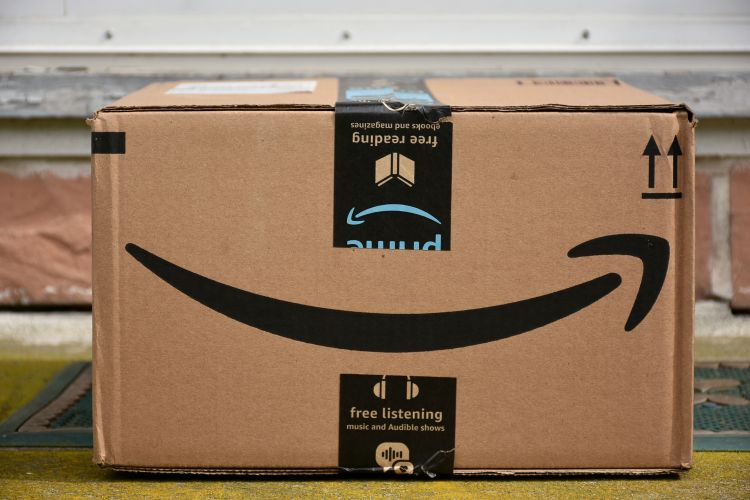Challenging Amazon - Report Summary
Amazon is a global giant, worth an estimated $1 trillion (£810 billion), directly employing over 850,000 workers globally, and shipping to over 100 countries.[1] It has expanded its portfolio into tech development by establishing Amazon Robotics, data through Amazon Web Services, and procurement through Amazon Business (similar to Amazon retail but for businesses and other organisations including local government and education institutions). It has become much more than the ‘Everything Store’ recognisable to so many.
Amazon is also known for the multiple ways in which its business model abuses workers’ rights, is actively anti-union, minimises its tax contributions and leverages its position to stifle competition and dodge scrutiny.
During the Coronavirus pandemic Amazon has seen its market value rocket, registering US $75 billion dollars (£58 billion) in revenue for the first quarter (equivalent to £25 million an hour).[2] Amazon’s second quarter performance showed no signs of slowing down, generating $88.9 billion (£68 billion) – up 40 per cent on Q2 2019 – and doubling their net profit to $5.2 billion (almost £4 billion) versus a year ago.[3] In just one day during the pandemic, Jeff Bezos increased his fortune by US $13 billion (approximately £10 billion), keeping him well on track to become the world’s first trillionaire by 2026.[4]
But while their profits surged, so did reports of the unsafe working conditions in their fulfilment centres across the globe. In the US, in Spain, in France, in Italy, in Poland, in Germany and in the UK, workers raised the alarm and unions demanded they do better, organising strikes to try and bring Amazon to the table when they dragged their feet or refused to introduce essential safety measures to reduce the risk to these key workers.
Several workers in the US who raised the alarm did so at great personal cost, resulting in their sacking. As Tim Bray, a senior Vice President at Amazon who resigned over the companies handling of the Covid-19 crisis and the firing of the workers involved said in an open blog regarding his decision:
“The justifications were laughable; it was clear to any reasonable observer that they were turfed for whistleblowing.”[5]
But for unions who have been campaigning for Amazon to recognise them and do better for their workers for some time, this behaviour is nothing new.
We believe Amazon must be challenged so that it does not become so powerful that its efforts to trample on workers’ rights are seen as simply a fact of life that cannot be confronted.
This report sets out the ways in which Amazon’s business model is extractive, exploitative and unfair, and the ways in which this can be challenged.
First, through a literature review we highlight the global abuses of workers’ rights and safety; the multiple ways Amazon games the system through tax minimisation and public subsidies; how it leverages its position in the market to dominate and stifle competition; its use of intrusive data gathering and surveillance technology; and the environmental impact of its business model. All of which combine to strengthen its position and dominance. We also demonstrate how public bodies and unions here and internationally have sought to challenge them.
Using Freedom of Information requests and research provided by Tussell Ltd and commissioned jointly with GMB, we then explore if and how UK local authorities have been able to engage with Amazon as an employer. We also examine the extent to which Amazon is benefitting from public money through the procurement of goods in the marketplace and contract awards for its Amazon Web Services (AWS). Given the commitments to decent work and social value in procurement and commissioning in public policy over recent years, we believe government should be wary of propping up Amazon’s business model with public money when we know it does so much to downgrade workers’ rights.
Challenging Amazon’s ability to downgrade workers’ rights requires three things:
i) Strong trade unions
ii) Local and national governments prepared to stand up to companies that abuse workers’ rights; and
iii) New global rules that set a higher floor for the treatment of workers and ensure that no company is too powerful to break it.
We urge Amazon to recognise and engage with unions as the best way to ensure workers’ rights are protected. But if Amazon will not do better for its workers, then unions and governments at all levels must work together to make sure that they do.

